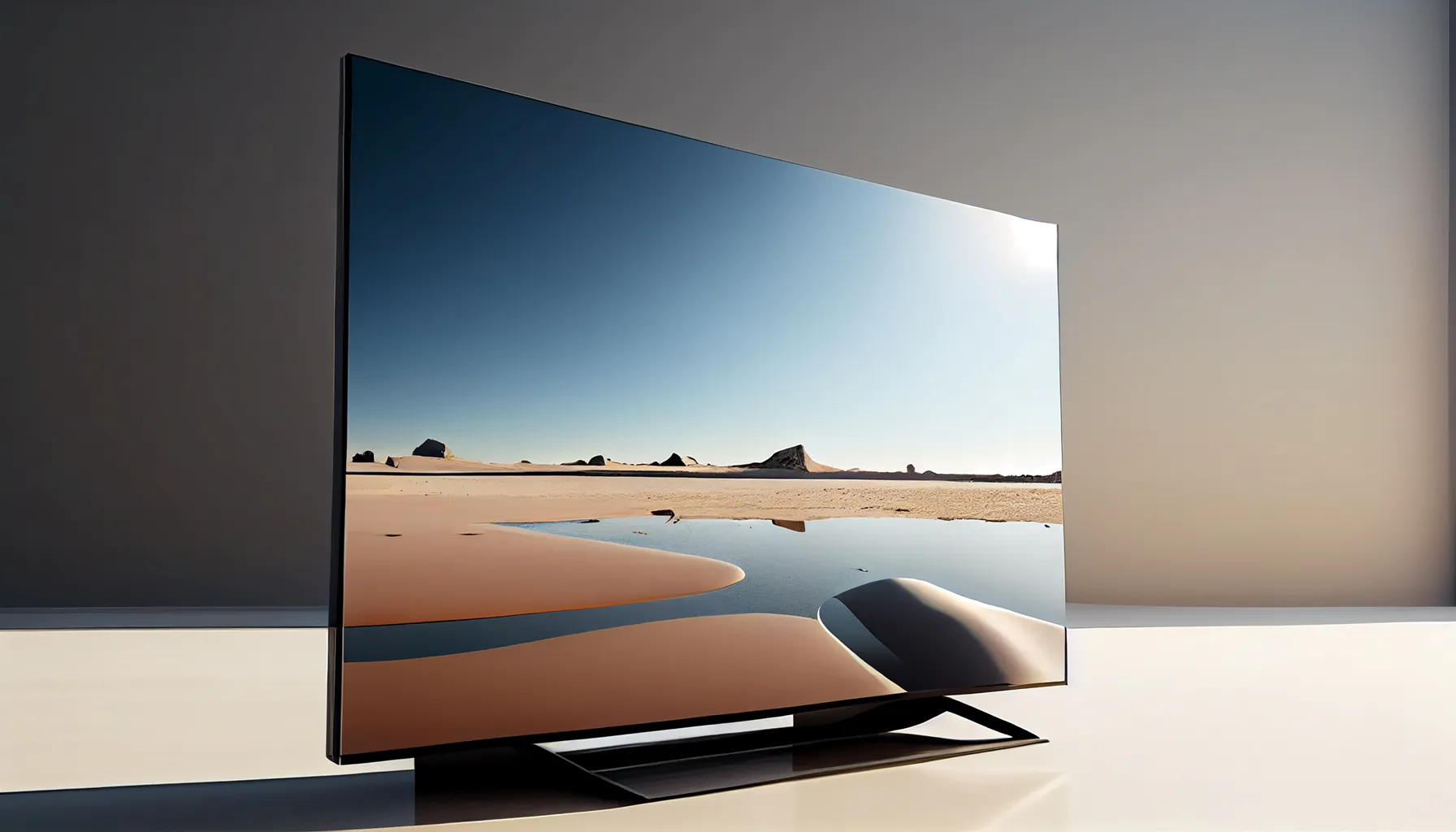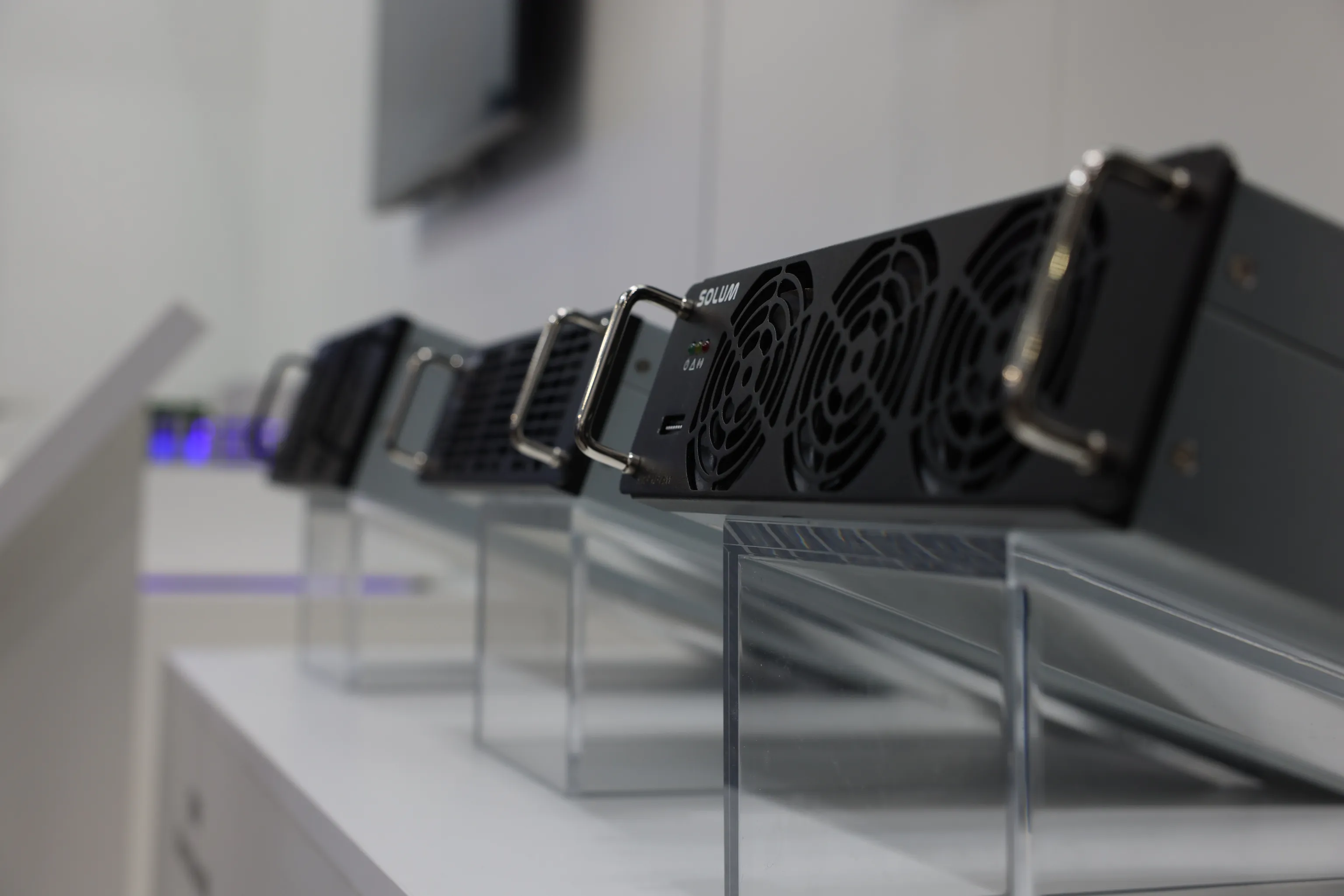Can Bad Power Modules Make Low-Quality TV?
Power modules are crucial when it comes to electronic devices or appliances. When it comes to TVs or televisions, for example, they are responsible for a number of things in their overall function. It's no surprise that a faulty power module can lead to various problems and risks. So can a bad power module lead to a low-quality TV?
What are TV power modules?
A TV power module can be defined as a power supply or a power electronic module for television sets. It contains multiple power components (such as transformers, capacitors, and regulators) working together to create a high-powered device. It is responsible for converting incoming alternating current to the required direct current for the TV, providing a steady and stable power source, helping the TV stay operational, regulating power, and more.
Overall, these modules play a critical role in ensuring that the TV functions properly. They provide the power regulation and stability needed for all the different components of the TV to operate.
Here are some key functions and components of a TV power module:
- Voltage Conversion: Power modules take in the incoming electrical power from an AC (alternating current) source, such as a wall outlet, and convert it to the DC (direct current) voltages required by the TV's internal components.
- Regulation: Power modules often include voltage regulation circuitry to ensure that the voltages supplied to different TV parts remain stable and within the required tolerances. This is important for preventing damage to sensitive electronic components.
- Distribution: The power module distributes the regulated power to various parts of the TV. This includes the main logic board, display panel, backlight, audio amplifier, and other components.
- Protection: TV power modules typically include protection features to safeguard the TV from power surges, overvoltage, and other electrical issues. These features can help prevent damage to the TV in the event of power fluctuations or electrical faults.
- Standby Power: Many modern TVs have a standby mode, where they consume a small amount of power even when turned off. The power module manages this standby power and allows the TV to respond to remote control signals and turn on quickly.
- Efficiency: Power modules aim to be as energy-efficient as possible to minimize power consumption and reduce heat generation, which can affect the TV's performance and lifespan.
- Form Factor: Power modules come in various sizes and shapes, depending on the TV's design and manufacturing requirements. Some TVs have external power supplies (power bricks), while others have internal TV power modules.
If a TV experiences power-related issues, such as not turning on, flickering screens, or any other unusual behavior, the power module is one of the components that technicians may inspect or replace to address the problem.
How does a power module affect a TV's performance?
A TV's power module can have a significant impact on the television's overall performance. Since it regulates the power going through different parts of the TV, provides and distributes the right voltage, protects the electrical components, and more, it can directly affect the operation or function of a TV.
Here are a few ways the power module can affect a TV’s performance:
- Voltage Stability: The power module is responsible for regulating and stabilizing the voltages supplied to various internal components of the TV. Fluctuations in voltage can lead to erratic behavior, flickering screens, or even permanent damage to the TV's sensitive electronics. A well-functioning power module helps maintain consistent voltage levels, ensuring stable and reliable performance.
- Power Efficiency: The power module's efficiency in converting AC power from the wall outlet to the DC power required by the TV components can impact the TV's energy consumption and heat generation. An inefficient power module may waste more energy, leading to higher operating costs and potential overheating issues.
- Protection from Electrical Issues: A quality power module includes protective features that safeguard the TV from power surges, voltage spikes, and other electrical issues. Without proper protection, the TV's internal components could be damaged, resulting in degraded performance, a low-quality TV, or total failure.
- Standby Mode: The power module manages the TV's standby mode, which is when the TV consumes a small amount of power even when turned off. The efficiency of this standby mode and the TV's ability to respond to remote control signals can impact user convenience and energy consumption.
- Start-Up and Power-On Time: A power module also influences the responsiveness and speed with which a TV powers on. A well-designed power module allows the TV to start quickly, providing a better user experience.
- Compatibility: In some cases, a TV's power module needs to be compatible with the TV's specific make and model. Using an incompatible or subpar power module can lead to compatibility issues that affect the TV's performance.
- Heat Generation: Inefficient power modules or those with poor design may generate excess heat. Excessive heat or overheating can negatively affect the performance of internal components and potentially reduce the TV's lifespan.
- Overall Reliability: The reliability of the power module is crucial for the TV's long-term performance. If the power module fails or malfunctions, it can lead to the TV not turning on, unexpected shutdowns, other performance issues, and a low-quality TV altogether.
As you can see, a power module can directly affect a TV. A faulty or low-quality power module can lead to a bad-performing TV or a dead, broken TV.
How do you know if your low-quality TV has a low-quality power module?
So how do you know if you have a faulty or low-quality power module affecting the quality and performance of your TV? There are a few ways or methods by which you can absolutely make sure that your power module is the source of your TV problems.
Here’s how:
- Check your power outlet or your power source - First and foremost, you need to make sure that the power source or the outlet is not the problem. Try plugging the TV into a different outlet and see if it turns on. Check if the TV responds to the remote control or manual power button.
- Check for flickering screens or lines - A flickering or unstable screen can be a sign of voltage fluctuations caused by a malfunctioning power module. The screen may go black or display abnormal patterns. Lines on the TV screen are also one of the most common indicators that a TV has a faulty TV power module or supply. If you turn off your TV, wait for five minutes, turn it on again, and the problem still persists, you might need professional help.
- Check for a dead screen - A dead TV screen or a blank TV screen can have multiple causes. It could be that your TV is too old, you have a problem with your backlight, or there is something wrong with some components in the TV power module.
- Check for unusual noises or lack of sounds - If there are no sounds coming from your TV, it could be that there’s something wrong with your TV speaker or that the speaker is not getting enough power from the TV power module. Furthermore, unusual sounds like buzzing, humming, or clicking noises coming from the TV may indicate a problem with the TV power module.
These are just some of the clear signs that you have low-quality or faulty power modules. Here are a few more indicators that you have a bad power module affecting the performance of your TV:
- Slow start-up
- Inconsistent standby mode
- Frequent overheating
- Remote control issues
- Repeated failures
If problems like these persist in a TV, this most likely means that a low-quality TV power module is disrupting the TV’s performance. You can ask for a professional inspection from the manufacturer, perform voltage testing, check for visible damages, and even check for recalls.
Of course, another solution is to get a TV with a better, higher-performing TV power module. SOLUM’s TV Power Modules are safe and reliable power supply modules, have an ultra-compact design, and have high-density powers that will power up LED TVs.
Talk to SOLUM Group Experts now and find out how SOLUM’s TV Power Module stands out in making high-quality TVs.











